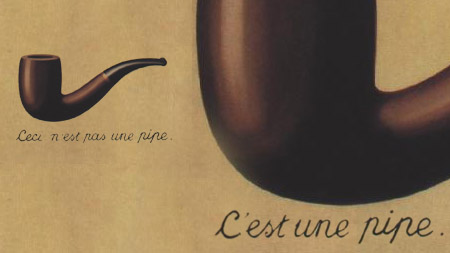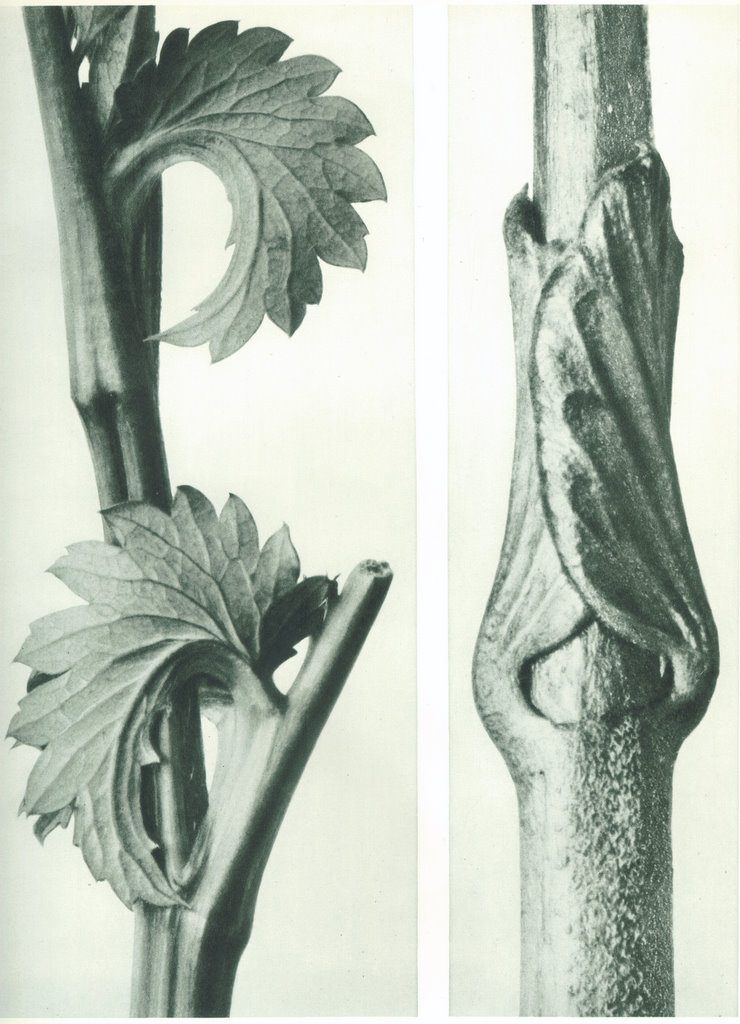Now may be as arbitrary a time as any other to identify as a watershed in the history of Wikipedia, but it seems like things are changing in a number of ways.
The most obviously change is in public perception and media coverage. Between the Middlebury College story, the Essjay story, and the Sinbad story, Wikipedia has been a constant presence in the headlines for several weeks running. With the possible exception of Essjay, none of these is even close to the significance of the Seigenthaler controversy, but the volume of related news and blog noise since late January (when the first of these stories emerged) has been as large or larger.
The remarkable thing about the Middlebury story is that it’s the only one like it; all the media stories have focused on it because no similar policies (beyond individual professors) have been enacted. The history department banned citations of Wikipedia, but actually endorsed Wikipedia as a starting point for research (and held an excellent recorded debate which highlighted the non-sensational reality of Middlebury situation, and includes an eloquent argument for the pedagogical value of Wikipedia). Meanwhile, many other professors have been interviewed by student newspapers (e.g., 1, 2, 3, 4, 5, 6, and many more) and professional news organizations, and written their own defenses of Wikipedia in venues like The Chronicle of Higher Education and The New Republic. The second Digital Campus podcast has a follow-up on the previous Wikipedia discussion I mentioned, with some commentary on a few of these stories; apparently, reporters are practically knocking these professors’ doors down requesting Wikipedia-related expert opinions. Professor have by and large become familiar enough with Wikipedia to respect its strengths and not project too many of the weaknesses they expect.
Other Wikipedian bloggers have covered the recent challenges to and discussions about Jimbo’s nebulous role in Wikipedia governance; see Joseph Reagle and Stephen Bain for more.
Another side to the watershed, which nobody is quite recognizing yet, relates to the limits of Wikipedia. The exponential phase of (English) Wikipedia’s growth (in terms of number of articles, and in terms of number of active users) is probably over. From 2003 to mid-2006, the number of articles had followed a very regular exponential pattern. Had exponential growth continued, it would have hit 2,000,000 a few weeks ago; it just passed 1,700,000 today. The average number of articles created per day since late December (around 1724) has actually been lower than the average number per day over the previous year (1823). This difference is only partly the result of the always slower holiday season. It seems that available unwritten encyclopedic topics is becoming a significant constraint.
The number of active users is harder to gauge, since Erik Zachte’s statistics page has not been updated for the English Wikipedia since mid-October. However, we can probably look to the German Wikipedia as a rough analog, since German Wikipedia seems to have a larger level of market saturation, when you account for the ratio of English-speakers to German-speakers (~8:1). The number of “active“(5 edits per month) and “very active” (100 edits per month) German Wikipedians seems to have plateaued in August 2006, at about 7500 and 1000 respectively. At that time, English Wikipedia had around 44,000 actives and 4500 very actives. If English Wikipedia’s active community has continued to expand towards cathcing up with German ratio-wise, we could expect the number of very active Wikipedians to max out around 8000 somewhere near the end of 2007. However, unlike English, German Wikipedia has had a near linear growth curve since early 2004 in terms of number of articles. I don’t know why article number has grown linearly while editor numbers were growing exponentially (until they plateaued), but it seems likely that because of topic saturation, English Wikipedia will plateau (or peak) in terms of editor:speaker ratio at a lower level than German. Consistent with the watershed thesis, my guess is that active community size is plateauing right now.
Of unknown but likely relevance to the watershed, two central Wikimedia employees announced their resignations today (apparently for unrelated reasons): Danny Wool and Brad Patrick. Both have implied that as independent Wikimedians they will, in the immediate to intermediate future, be bringing forward some constructive criticisms of the way the Wikimedia Foundation runs.
Other recent Wikipedia reading material:
- Time, 10 Questions: Jimmy Wales
- Business Week, Wikipedia’s Not the Net Police
- MSNBC, The Word on Wikipedia: Trust but verify, including a two-and-a-half minute clip on NBC News featuring a reporter demonstrating how easy it is to commit vandalism
- Secrecy News, The Wikipedia Factor in U.S. Intelligence, about a CIA department that uses Wikipedia and other freely accessible media to compile intelligence products

 And finally, I won an eBay auction on a trio of 1929
And finally, I won an eBay auction on a trio of 1929 

